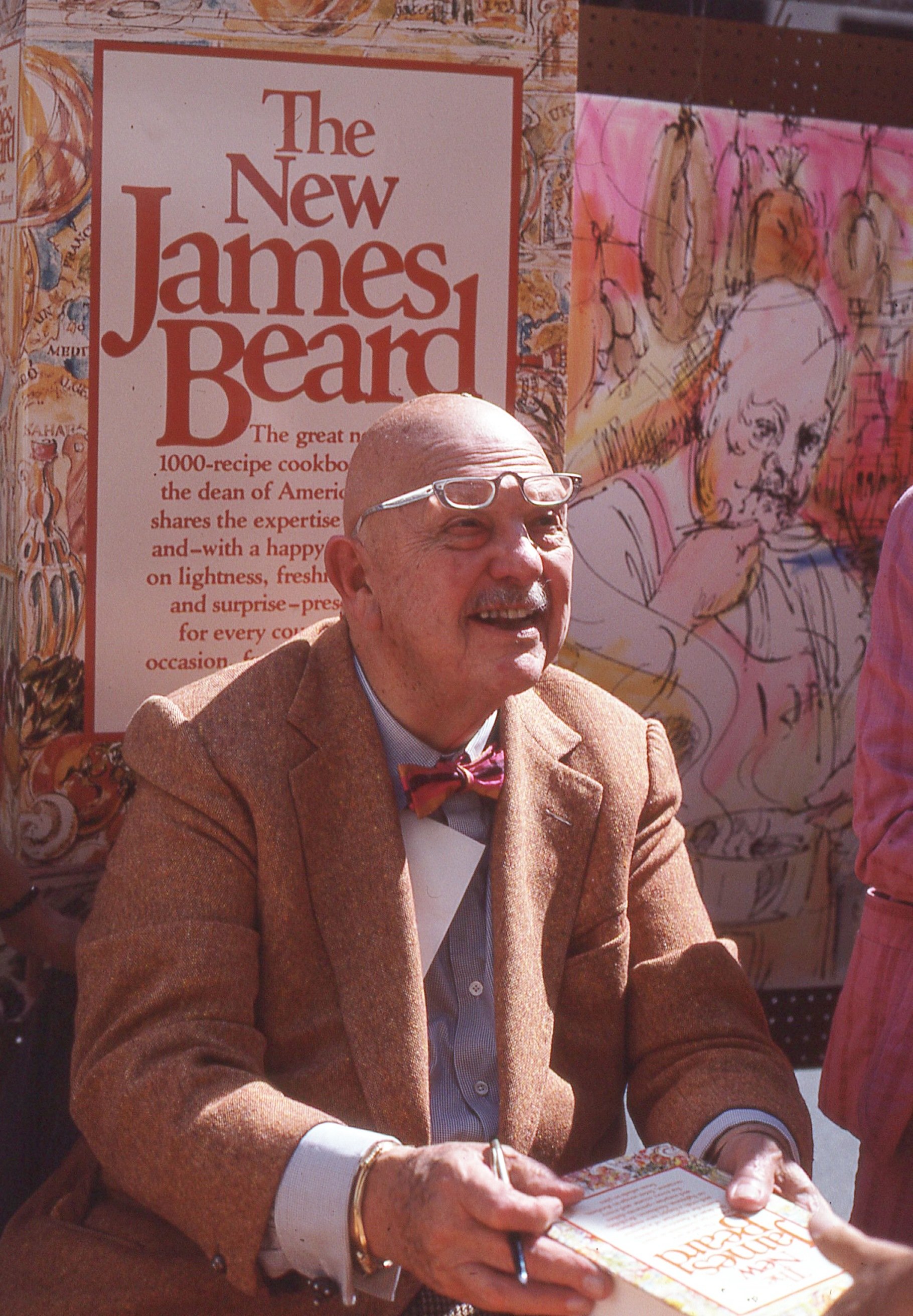Oregonians
Dr. Marie Equi
(1872 – 1952): Doctor, out lesbian, and political activist. Equi and her partner Harriet Speckart adopted a child, one of the first known same-sex couples to do so in the US. Equi received her medical degree from the University of Oregon in 1903, one of the first 60 female physicians in Oregon. She received a medal from the US Army for her work during the 1906 San Francisco earthquake. Equi was also an abortion, birth control, and women’s suffrage advocate.
Dr. Alan L. Hart
(1890-1962): A doctor focusing on tuberculosis research, Hart was one of the first transmen in the US to undergo a hysterectomy and live as a man. His family largely accepted his gender expression as a child, where he lived and played as a boy. He received his medical degree from the University of Oregon in 1917, but was unhappy the degree was in his female name. Hart approached Joshua M. Gilbert at the University of Oregon about a hysterectomy; the procedure was completed in the winter of 1917-18. Hart then legally changed his name. In 1918, he married his first wife; after divorcing her in 1925, he married his second wife. Hart developed a way to diagnose tuberculosis using X-rays, allowing for earlier treatment.
James Beard
(1903-1985): Chef, cookbook author, and television host. Beard came out in In his revised 1981 memoir Delights and Prejudices, explaining "By the time I was seven, I knew that I was gay. I think it's time to talk about that now." He was expelled from Reed College in 1922 for homosexual acts, but received an honorary degree in 1976. Beard grew up in Oregon; visits to the coast would have an impact on his food career, as would late visits to Europe. In 1990, the James Beard Awards were established; these awards recognize chefs, restaurants, cookbooks, television shows, and food writing.
Darcelle XV
(1930-2023): The stage name of Walter Cole, Darcelle XV is the oldest drag performer on the west coast. In the 1960s, Cole bought a coffeehouse that later expanded into a jazz club, then finally the Darcelle XV Showplace. Cole came out as gay in 1969, leaving his wife. The Showplace was received national historic registry status in 2020.




